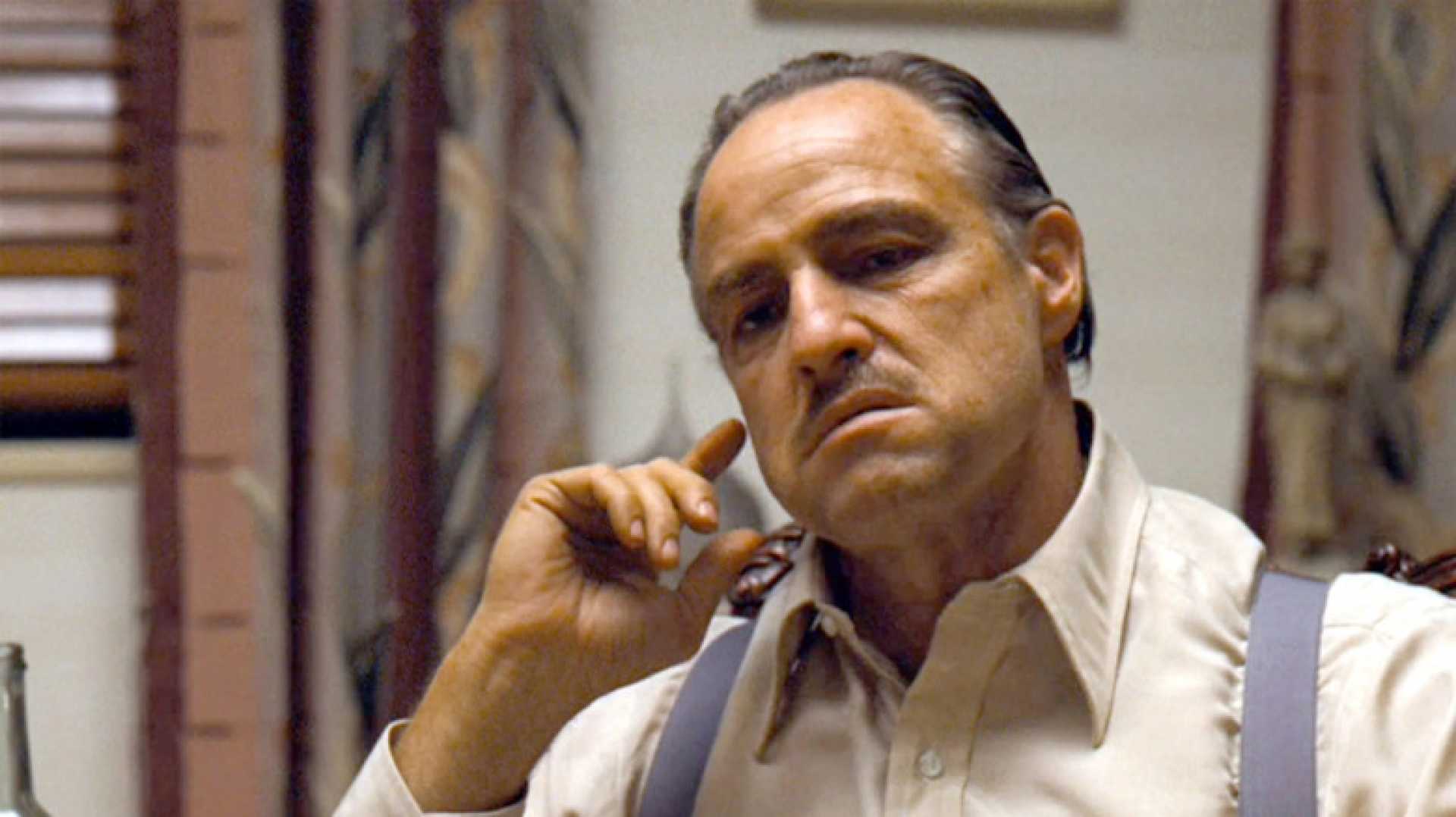Entertainment
Marlon Brando: The Iconic Actor Behind ‘The Godfather’ and His Lasting Legacy

Marlon Brando, one of the most influential actors of the 20th century, left an indelible mark on American cinema. His iconic performance as Vito Corleone in Francis Ford Coppola‘s 1972 epic gangster film, ‘The Godfather,’ remains one of his most celebrated roles. Brando’s portrayal of the patriarch of the Corleone family earned him the Academy Award for Best Actor, although he famously declined the award.
The casting process for ‘The Godfather’ was highly contentious, with Brando facing significant opposition from Paramount executives due to his recent film performances and reputation for having a short temper. However, Mario Puzo, the author of the novel on which the film is based, and Coppola were adamant that Brando was the only actor who could bring the character to life. Brando’s screen test, which included his own makeup and costume choices, ultimately convinced the executives to cast him in the role.
Brando’s decision to decline the Oscar was a statement against the treatment of American Indians by Hollywood and television. He sent American Indian Rights activist Sacheen Littlefeather to the ceremony to explain his reasons, making him the second actor to decline a Best Actor award after George C. Scott.
Beyond ‘The Godfather,’ Brando’s career was marked by groundbreaking performances and a unique acting style that influenced generations of actors. His early work in films like ‘The Wild One‘ (1953) showcased his ability to bring depth and nuance to his characters. Brando’s approach to acting, which often involved extensive preparation and immersion into his roles, set a new standard for method acting.
In his later years, Brando expressed disillusionment with the acting industry, often stating that he continued acting primarily for financial reasons. Despite this, his legacy as one of the greatest actors of all time remains unchallenged, with many continuing to admire his work and the impact he had on American cinema).












